Take a walk around your workplace and listen to what employees are saying. You won’t get far before you hear someone talking about burnout. Burnout is why you have more employees missing days of work, why your team’s productivity is down, and why turnover rates continue to rise.
We all want happy, loyal, and productive employees. But with 77% of the workforce having experienced burnout at their current job, it’s hard to come by.
Yet there are companies that have a healthy and engaged workforce. So what’s the difference between organizations with high levels of burnout and those without? The answer lies in the emotional intelligence of its employees.
In this blog, we’ll explore the relationship between emotional intelligence and burnout and consider what you, the employer, can do to support the well-being of your staff.
Understanding Burnout
The World Health Organization now recognizes burnout as a medical diagnosis characterized by chronic exhaustion, cynicism, and reduced effectiveness at work. It’s caused by an overwhelming workload, unclear expectations, and a lack of support at work. And it worsens when employees lack the ability to navigate negative feelings associated with emotional overwhelm.
The effects of burnout are far-reaching, with consequences ranging from decreased employee engagement to increased employee turnover. And with levels of burnout on the rise in the post-pandemic workplace, it’s not something that can be ignored.
Your Organization’s Responsibility
Is burnout an individual problem or an organizational problem? And what’s your responsibility to your employees as burnout rates continue to rise?
If you’re thinking that burnout is an individual problem, much like other mental health concerns, you’re wrong on both accounts.
A Gallup poll discovered the top five reasons for burnout include:
- Unfair treatment at work
- An unmanageable workload
- Lack of role clarity
- Lack of communication and support from their manager
- Unreasonable time pressure
All five of these conditions are within your control as an employer. You can take simple steps such as increasing communication, lessening time pressure, and decreasing workload. But there’s also another, more powerful way to combat burnout.

Your Secret Weapon: Emotional Intelligence
Emotional intelligence skills can help employees manage emotions, cultivate positive relationships with colleagues, and enhance stress resilience. Luckily, emotional intelligence is a skill that can be developed over time.
When we say “emotional intelligence,” we’re talking about the ability to identify, understand, and manage your emotions. This includes skills like self-awareness, self-regulation, motivation, empathy, and social skills. At work, this looks like employees who can manage their emotions effectively, build strong relationships with coworkers, and promote a healthy work-life balance.
How Emotional Intelligence Prevents Burnout
High levels of emotional intelligence help employees:
- Identify and manage emotions before they escalate. — If an employee feels overwhelmed and stressed, they’re able to identify the root cause of their emotions and develop strategies to manage their workload or seek support.
- Build strong relationships with coworkers. — When employees have positive relationships with colleagues, they often feel more supported and engaged in their work, leading to increased job satisfaction and decreased risk of burnout.
- Increase resilience and stress management skills. — High emotional intelligence is correlated with employees who view challenges as opportunities for growth rather than misfortune. They also have a greater ability to bounce back from setbacks.
Emotional Intelligence in Action
Once you learn the signs, it’s easy to spot the difference between an employee with high emotional intelligence and one without.
For example, if John has high emotional intelligence but Sarah does not, John will be able to take a break, reflect, and calm down before addressing a situation in which he feels stressed or frustrated. On the other hand, Sarah might become easily overwhelmed and react immediately and impulsively. John may have a strong sense of empathy for his coworkers and the ability to build relationships, while Sarah tends to keep to herself and feels isolated and unsupported.
When work becomes overwhelming, John has the emotional resilience to slow down and take productive steps to manage his emotions. Sarah, by contrast, may feel flooded by negative emotions and succumb to burnout.
Invest in Emotional Intelligence Training
Sarah and the countless employees with low levels of emotional intelligence are not a lost cause — far from it. These employees simply need guidance and support as they develop their self-awareness, stress management, and self-regulation skills.
Proactive employers support their staff by providing training and resources for emotional intelligence development. This can include workshops, coaching, or more frequent meetings with their manager focusing on developing emotional intelligence competencies. Additionally, (and this almost goes without saying) employers should create a positive and supportive work environment that encourages open communication, collaboration, and empathy.
The best way to respond to the burnout epidemic is by getting to the root cause — emotional immaturity — and nipping it in the bud.


